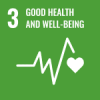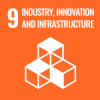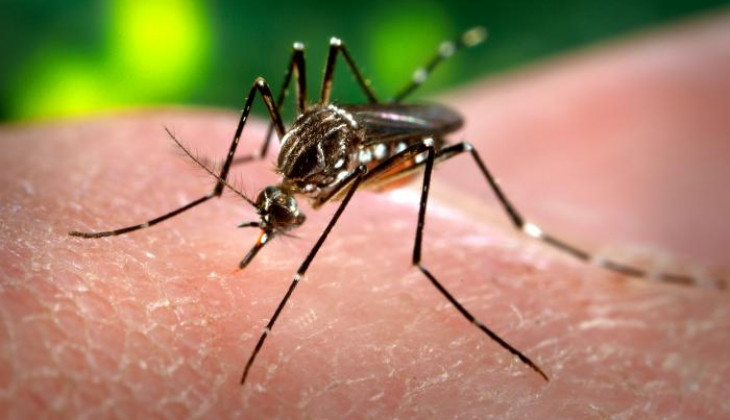UGM research team that is also part of the Yogyakarta World Mosquito Program (WMP), has been developing Wolbachia technology since nine years ago to lessen dengue fever. However, this research has produced results. The data shows that at least the areas that become research locations for the spread of the Wolbachia mosquito in the Special Region of Yogyakarta can reduce dengue fever cases. Nevertheless, the spread of the Wolbachia mosquito will be stopped when its population has reached about 60 percent. Therefore, the spread of mosquitoes containing Wolbachia will obtain technological results that benefit the community.
In relevance to that, Wolbachia Innovation Festival: Innovation for Humanity was raised as the webinar’s topic on Wednesday (12/8). Two research members, namely Dr. Warsito Tantowijoyo and Eggi Arguni, Ph. D., presented in the virtual seminar organized by WMP Yogyakarta.
Dr. Warsito Tantowijoyo said the Aedes aegypti mosquito, known as a vector of the dengue virus. If it contains Wolbachia bacteria in its body, it is believed that it will not transmit the dengue virus to humans. This fact is because Wolbachia will withstand the replication of the dengue virus in the mosquito’s body. “Indeed, there would not appear to be any changes in the mosquitoes, but it can hinder the development of the dengue virus because Wolbachia blocked the replication process,” said this entomologist expert.
Not only does it stop the replication rate, but the presence of Wolbachia in the mosquito’s body will also reduce the virus infection. “There will be a low possibility of dengue infection potential,” he explained.
Warsito said that the research had been started since 2011, located in Kronggahan Sleman hamlet. Then it was expanded in several sub-districts in Yogyakarta City and has shown significant progress. It was initially challenging for them to campaign this program to the community because they thought that releasing mosquitoes around their houses means spreading the dengue virus. “It is not easy, even considered contradictory. On the one hand, previously, there has been a mosquito control program, and we were spreading it,” he said.
In his remarks, he said that they did much work in the laboratory at the beginning of this research by generating Wolbachia mosquito populations. Besides, the mosquito population with Wolbachia was distributed to every resident’s house. Although the population has not influenced the total number of mosquitoes present, he believes that the number of Wolbachia mosquitoes, both male and female, will continue to increase because they will continue to breed wildly. “We will stop its spread if the Wolbachia lineage has reached 60 percent of the total mosquito population in a place,” he said.
Eggi Arguni, Ph.D., as a member of the WMP research team, said that in the early stages of this research, she had lots of dialogue with the community to invite them to improve this Wolbachia technology. “We keep encouraging the community through good communication,” she said.
According to her, the application of Wolbachia technology to mosquitoes is like boosting mosquitoes’ immunity so that the dengue virus cannot infect them. “This is similar to vaccination so that mosquitoes have immunity to protect themselves from viruses,” she said.
According to Eggi, mosquitoes that carry Wolbachia will undergo RNA modification so that the dengue virus cannot replicate in the cells of the mosquito’s body.
Source: https://ugm.ac.id/id/berita/19878-teknologi-wolbachia-inovasi-ugm-untuk-kemanusiaan



